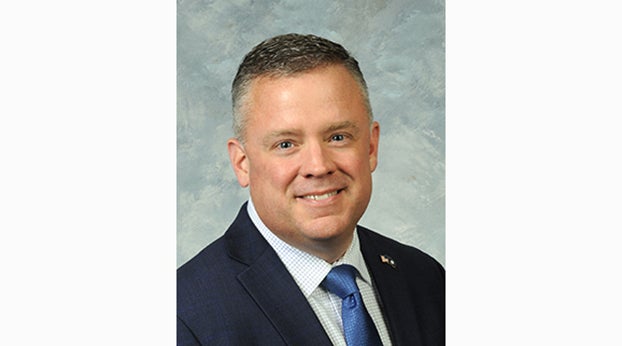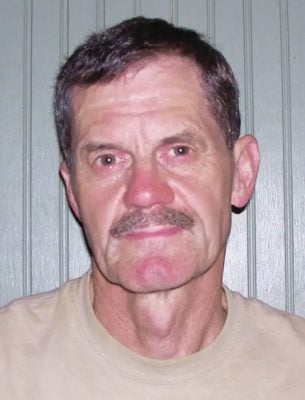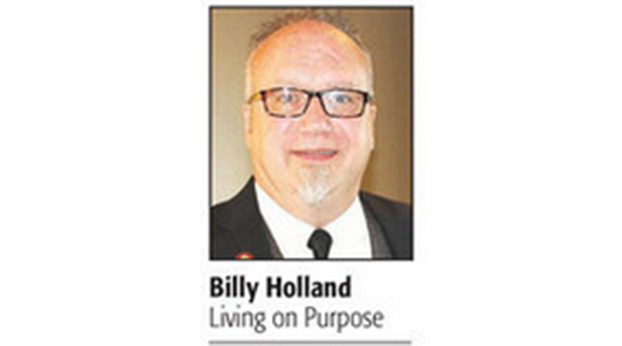Connecting our commonwealth: Delivering the last mile of broadband
Published 3:24 pm Wednesday, April 28, 2021

- State Rep. Matt Lockett
|
Getting your Trinity Audio player ready...
|
BY MATT LOCKETT
State Representative
A world’s worth of resources can be accessed at the touch of a finger, but only if you have internet access. As with many things in our daily life, the pandemic quickly drove home the fact that internet accessibility is the key to not only a strong economy but a good quality of life. Our state has historically lagged when it comes to investing in technological infrastructure. This is partially because so much of our population is in rural areas that are hard to reach, making it unprofitable for private business. Yet, internet accessibility is essential. Just like roads, broadband technology connects us to educational opportunities, work, health care, and family and friends.
In 2017, Kentucky ranked 47th in the nation in broadband speeds and capacity. This places us at a major disadvantage in comparison with neighboring states, and makes creating opportunities extremely difficult. The problem existed long before 2017. Most recently, the state has invested more than $1.5 billion through the KentuckyWired program to deliver broadband to what is described as the “middle mile.” The middle mile consists of government offices, universities, community colleges, state police posts, state parks, and other government institutions to the global internet. Currently, KentuckyWired has delivered broadband to 98 percent of its target group.
With the middle mile in our rearview mirror, it is time to turn our attention to the last mile and making it possible to deliver broadband to the people who live in our most technologically underserved and unserved areas.
In 2020, the legislature approved HB 362, legislation that created the Broadband Deployment Fund to harness both public and private resources to provide a targeted approach. Agencies, companies, and organizations can apply for grants through this fund for broadband projects that would specifically benefit unserved and underserved areas of the state. Money for the fund can come from a variety of sources, including state and federal dollars. The fund is administered by the Kentucky Infrastructure Authority and is designed to assist with the construction, development, or improvement of broadband infrastructure and broadband services. Grant applicants must meet specific eligibility criteria, including that they pay at least 50 percent of the project cost.
While HB 362 provided the framework for the Broadband Deployment Fund, the actual funding for the program was not approved until this session. We invested $250 million in federal COVID-relief funds to the fund as part of HB 320. In addition to funding, HB 320 also allows electric cooperatives regulated by the Public Service Commission to qualify for the financial assistance available through the Broadband Development Fund. I was proud to support this bill because, as one of my colleagues said during debate on the bill, this measure will help us reach the last house on the last mile of road.
We included another $50 million in federal COVID-relief funds for broadband in HB 382; this portion of funding is set aside specifically for economic development purposes.
Of course, now that money has been committed to this project, we must be vigilant to ensure it is spent appropriately. Frankly, we have to look no further than that middle mile project, KentuckyWired, to learn from the mistakes of previous administrations. When Governor Steve Beshear pitched the idea to the legislature, the entire project was expected to cost $324 million, with $53.5 million coming from the state and federal governments. The majority of the cost was supposed to be covered by private partners. Just four years later, the project was 35 percent over budget and taxpayers were on the hook for more than a billion dollars more than expected. This is a great example of why early Kentuckians placed so much emphasis on the legislature’s role as not only the lawmaking body, but also the only branch that can allocate funds and levy taxes.
As always, I hope you will feel free to contact me with any questions or issues. I can be reached here at home anytime or through the toll-free message line in Frankfort at 1-800-372-7181. Please feel free to email me at Matt.Lockett@lrc.ky.gov. If you would like more information about this or any other legislation passed during the 2021 Regular Session, please visit the legislature’s website legislature.ky.gov.




